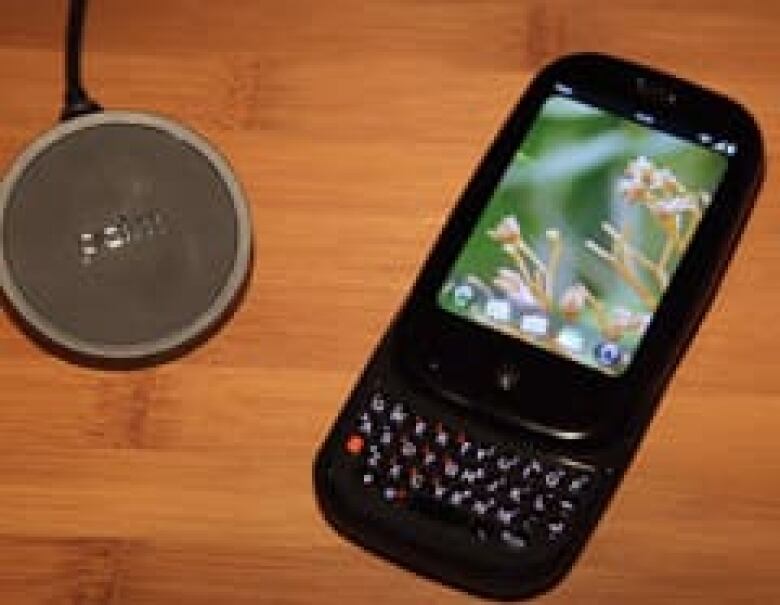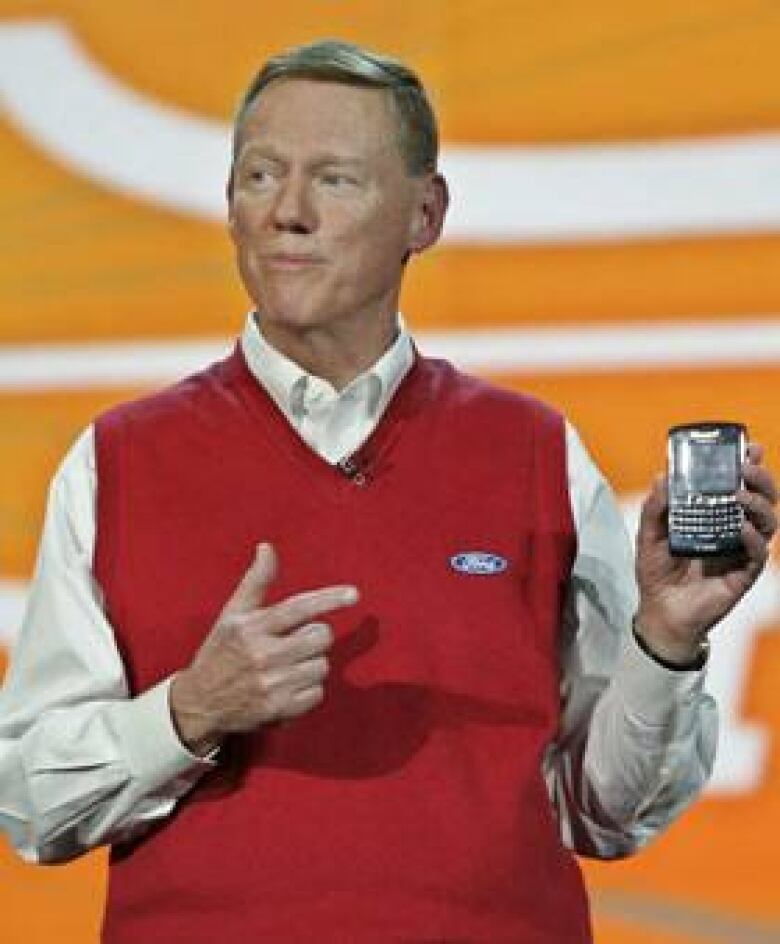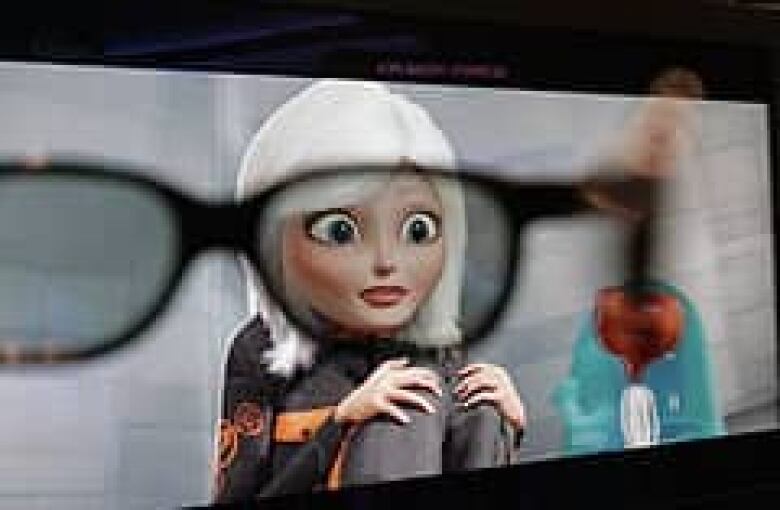Consumer Electronics Show winners, losers
Every year, the Consumer Electronics Show produces its share of winners and losers. Electronics makers roll out their latest gadgets to be judged by the public, and while some turn out to be big hits like the VCRs, CD players and HDTVs first introduced at the show in years past others end up flopping.
Expectations were low heading into this year's CES in Las Vegas, which ran from Thursday to Sunday, because of the economic crisis. With widespread predictions that consumer spending will tighten even more in 2009, electronics makers were expected to play it safe and stick to tried-and-true technologies rather than gamble with new, untested products.
For the most part, that forecast came true. Some companies, however, managed to make some noise amid a quieter-than-normal CES.
Here are this year's CES winners and losers, as well as those that could go either way in 2009.
Hitting it big: Palm's Pre

While the debate in smartphones thus far has been about which is the best, the iPhone or the BlackBerry Bold, the Palm may very well beat both by stealing the best functions of each a full touch screen and a QWERTY keyboard and adding a heap of its own innovations.
The company's stock price nearly doubled after the Pre's announcement, signalling that Palm is looking very much like it has come back from the dead.
Palm is likely to continue its strong CES momentum with additional announcements at the mobile phone show in Barcelona, Spain, in February. Besides its deal with Sprint-Nextel in the United States, Palmis expected to announce the Pre's international availability through more carriers, which could also mean Canada.
LG, Yahoo, Apple
South Korea's LG Electronic garnered a ton of attention for its Dick Tracy-inspired wristwatch cellphone, but the company also introduced a number of innovative improvements to its product line.
First up was the announcement that American consumers will be able to buy LG flat-panel televisions that have a direct internet connection to movie download service Netflix. Unlike other TV manufacturers offering Netflix connections, consumers buying LG TVs won't need an additional set-top box or Blu-ray player.
LG also made strides in eliminating wire clutter from the living room by introducing wireless Blu-ray players and home theatre systems, which was welcome news to anyone with several electronics components.
It's been a while since a move by Yahoo has been called smart, but getting involved with TV makers could pay handsomely for the search engine company. Virtually all of the major TV manufacturers announced internet-connected flat panels that come equipped with Yahoo widgets, which feature sports scores, weather and traffic reports and news headlines. Viewers can call up the widgets with their remotes to see the latest information piped in live from the internet, courtesy of Yahoo.
Given that the company is getting clobbered on the internet and in mobile phones by Google, heading into the virgin territory of televisions is a good idea.
The company that came out of CES looking the best was the one that wasn't even there: Apple.
With the rollout of its "app store" for the iPhone last summer, where users can download software to customize their device, Apple sparked perhaps the biggest consumer electronics trend of the past year. Now, everyone and everything has to have an app store. Ford announced one for its in-car electronics system, creating the ominous spectre of car owners fiddling with their Facebook page while driving. Sony even announced an app store for its internet-connected alarm clock.
It's starting to look as if you can't have a gadget now without an associated software download platform.
50-50 odds: 3D television, Ford
Many of the big television makers were talking up 3D TV, and there was even a college football game aired during CES that used the technology. Sharp, for one, announced that it had all the major movie studios on board for its 3D effort.

Full 3D may arrive on televisions some day, but it may not happen in 2009, like the TV makers would like people to believe.
Ford's big news of the show was that it was expanding the breadth and depth of its Microsoft-created Syncin-car electronics system. The car maker introduced the system at CES two years ago and at this year's show predicted one million sales by the fall of 2009, indicating Sync hasn't exactly set the car market on fire. With Apple gaining market share in personal computers against Microsoft's Windows-powered machines, now may be a bad time for Ford to hitch its wagon so to speak to the vulnerable-looking software company.
Craps: Microsoft, Intel, Las Vegas
Speaking of Microsoft, the company unveiled Windows 7, the computer operating system that will supplant Vista by next year if not sooner.
While Windows 7 corrects many of Vista's problems it features better navigation and fewer alerts, for example a number of journalists at the show said the Microsoftoperating system was beginning to look more and more like Apple's. For Microsoft, being compared to its mortal enemy is not a compliment.
To make matters worse, Microsoft was forced to postpone the public launch of the Windows 7 test version two days after announcing it. The beta version was supposed to be available for download on Friday to the first 2.5 million visitors, but Microsoft put it off indefinitely because of the large number of users hitting its website. This, despite a Windows product manager telling CBCNews.ca that the company wasn't expecting to hit the 2.5 million download mark within the first 48 hours. Microsoft obviously underestimated how many people dislike Vista and want to try something different.
Intel

At its show-floor booth, the company was also inexplicably pushing something called "mobile internet devices," which are about half-way in size between a netbook a device that is catching on fast with consumers and a smartphone.
Intel seems to be alone in thinking there is a market for these devices. With the future of WiMax looking grimmer by the day, Intel looks to be making bad call after bad call.
The city of Las Vegas itself is hurting because of the recession, with gambling revenue down for the past 11 months. Casinos are beginning to lay people off and conventions such as CES are drawing fewer people. It's hard to predict the future of the Consumer Electronics Show, but clearly frivolous fun is becoming a big casualty of the economic downturn.












_(720p).jpg)


 OFFICIAL HD MUSIC VIDEO.jpg)
.jpg)



























































































